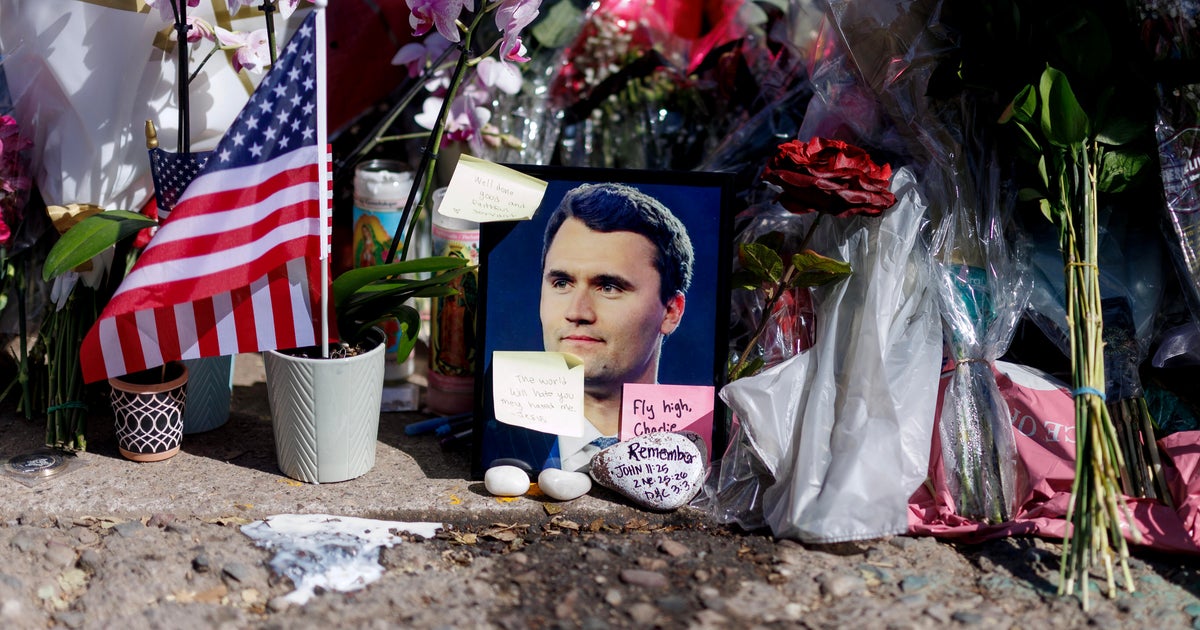Over 1,200 Entertainment Industry Names Reject Call for Boycott of Israeli Film Institutions

Introduction
In a powerful display of unity, over 1,200 names from the entertainment industry have come together to reject the call for a boycott of Israeli film institutions. Among the signees are well-known names such as Liev Schreiber, Mayim Bialik, and Debra Messing. The open letter, released this week, denounces the boycott as a movement that "advocates for the erasure of art."
Key Details
The call for the boycott, led by the Boycott, Divestment, and Sanctions (BDS) movement, aims to put pressure on Israel to end its occupation of Palestinian territories. However, the open letter argues that the boycott would harm the Israeli film industry and its artists, who have no control over government policies. It also points out that many of the films produced in Israel tackle important social and political issues and promote dialogue and understanding.
Impact
This open letter serves as a reminder that art and politics should not be intertwined, and that the boycott would ultimately harm the very people it claims to support. The signees are standing in solidarity with Israeli filmmakers and their right to artistic expression. This letter also highlights the importance of using one's platform to speak out against injustice and promote dialogue and understanding. It sends a powerful message of unity and support for artists and their work, regardless of political agendas.
The Boycott, Divestment, and Sanctions (BDS) movement is a Palestinian-led global campaign founded in 2005 by over 170 Palestinian civil society organizations, including unions, women's groups, and refugee networks. It aims to pressure Israel to comply with international law by ending its occupation and alleged apartheid policies against Palestinians. BDS calls for targeted boycotts, divestment from companies complicit in Israeli policies, and sanctions similar to those applied to South Africa during apartheid[2][3][4].
Historically, BDS is rooted in a longer tradition of Arab League boycotts against Israel, dating back to 1945, intended to isolate the Jewish state economically and politically. The modern movement gained momentum following the 2001 UN World Conference Against Racism in Durban, where Palestinian advocates found international support for their cause despite controversy and accusations of antisemitism[1][2].
BDS's tactics include urging institutions such as universities, churches, and governments to divest from companies involved in Israeli settlement building, military supply, or other forms of support for Israel’s policies. It also promotes consumer boycotts of specific brands and campaigns against corporations like Siemens for their role in projects linked to Israeli settlements[3][6]. The movement’s approach is nonviolent and inspired by the South African anti-apartheid struggle, emphasizing grassroots activism and international solidarity[3][4].
Despite its growth into a vibrant global movement with significant impact on international discourse about Israel and Palestine, BDS remains highly controversial. Critics accuse it of seeking to delegitimize Israel and fueling antisemitism, while supporters argue it is a legitimate human rights campaign advocating equality and justice for Palestinians[1][2].
Currently, BDS continues to influence political debates and business practices worldwide, especially in sectors like academia, technology, and finance, by challenging complicity in the Israeli occupation and settler-colonialism[3][7]. It remains a focal point for discussions on ethics in business Discover related stories and their connections to this article Explore connected events with detailed insights and relationships Key entities mentioned across connected events Discover patterns and trends across related stories Jonathan Majors returns to the screen in a Daily Wire project, producing an action thriller with Ben Shapiro and Dallas Sonnier. Netflix's Dynasty: The Murdochs probes Rupert Murdoch's succession battle with his heirs, offering exclusive access and expert insights. Celina Powell takes legal action against Deshae Frost, demanding retractions and apologies amid defamation allegations. Scream 7 targets a $60M worldwide debut with IMAX rollout and franchise momentum. A bold gatecrash into a writing class sparks Tayari Jones's literary career and her novel Kin.About the Organizations Mentioned
Boycott, Divestment, and Sanctions (BDS) movement
🔗 Connected Events Overview
📊 Quick Insights
📅 Connected Events Timeline
👥 People Involved in Connected Events
Connected through:
🏢 Organizations & Products
🏢 Organizations
🛍️ Products
💡 Connected Events Insights
🔥 Trending Topics
Trending Blogs in Entertainment

Jonathan Majors Returns to Screen with Daily Wire Project

Netflix Reveals Real-Life Succession Drama: Dynasty - The Murdochs Docuseries

Powell vs Frost: Defamation Case Escalates Over Sexual Assault Claims

Scream 7 Poised for $60M Global Debut

A Daring Sneak-In That Sparked a Literary Career: Tayari Jones and Kin










